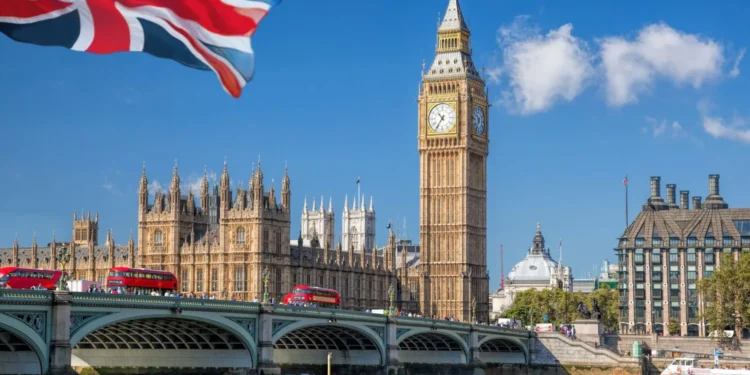The UK Rejects the Idea of a National Bitcoin Reserve
London, UK — The British government has officially dismissed the idea of establishing a national Bitcoin reserve, signaling its continued cautious approach toward cryptocurrency adoption at the state level.
The proposal, which had gained attention from some industry advocates and crypto-enthusiasts, suggested that the UK could strengthen its financial resilience and hedge against inflation by holding a portion of its national reserves in Bitcoin. However, Treasury officials have firmly rejected the idea, citing concerns over volatility, regulatory uncertainty, and the lack of intrinsic value behind digital assets like Bitcoin.
A spokesperson for the UK Treasury said, “While we remain committed to fostering innovation in the financial sector, including digital assets and blockchain technology, the UK has no plans to adopt cryptocurrencies like Bitcoin as part of its official reserves.”
The decision aligns the UK with other major economies such as the United States and members of the European Union, which have also steered clear of integrating decentralized digital currencies into sovereign monetary systems. Critics of the idea argue that Bitcoin’s price fluctuations and speculative nature make it a risky instrument for national financial planning.
Despite this, the UK continues to explore the potential of Central Bank Digital Currencies (CBDCs), with the Bank of England actively researching the development of a “digital pound.” The government has expressed interest in using blockchain to improve financial infrastructure and ensure the UK remains a hub for fintech innovation.
Meanwhile, advocates for a Bitcoin reserve argue that digital assets represent the future of money and could provide a hedge against geopolitical instability and fiat currency devaluation. However, for now, such perspectives remain outside the UK’s official policy stance.
The rejection of a Bitcoin reserve underscores a broader trend: while governments are increasingly engaging with digital finance, they remain wary of fully embracing unregulated and decentralized assets like Bitcoin at the core of national strategy.









